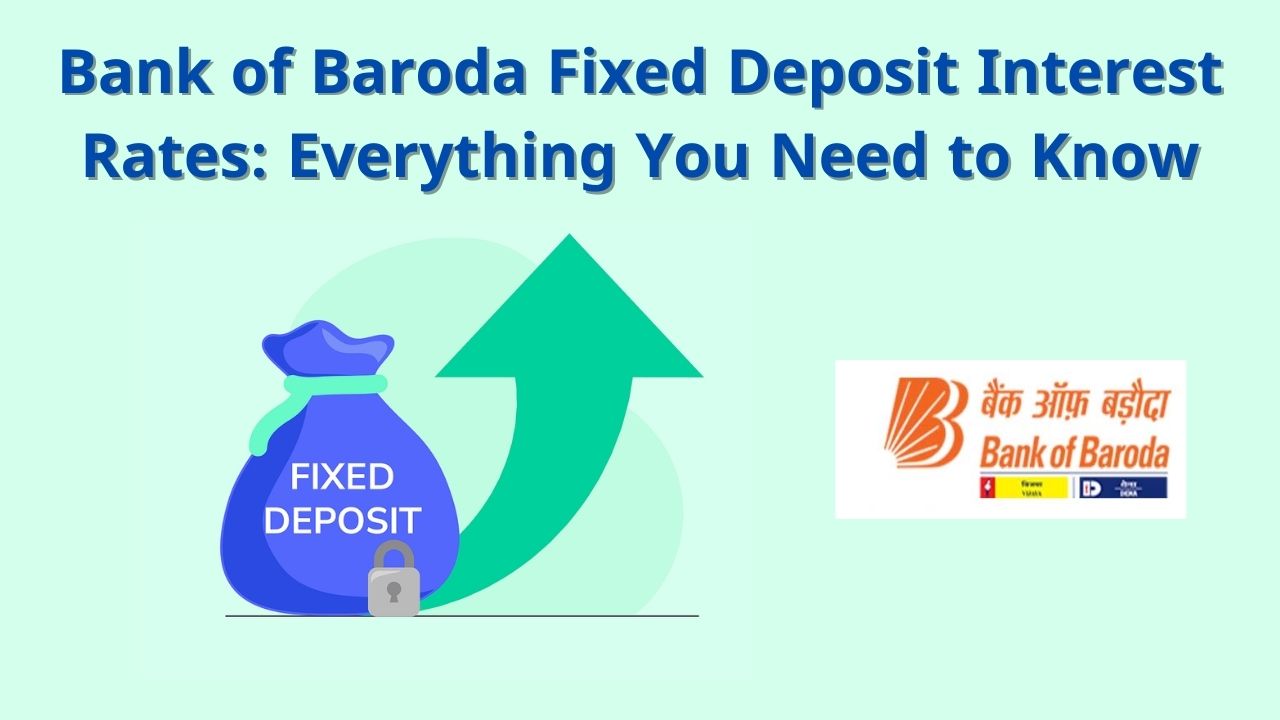क्रेडिट कार्ड का उपयोग केवल बड़ी खरीदारी या EMI चुकाने तक सीमित नहीं है। ये आपको रिवॉर्ड्स और कैशबैक जैसे फायदे भी देते हैं। लेकिन क्रेडिट कार्ड रिवॉर्ड्स का पूरा लाभ उठाने के लिए उनकी शर्तों और नियमों को समझना जरूरी है। यहां हम आपको रिवॉर्ड्स का सही इस्तेमाल करने और अधिकतम लाभ उठाने के तरीके बता रहे हैं।

1. सिर्फ रिवॉर्ड पाने के लिए खर्च न करें
क्रेडिट कार्ड कंपनियां आपको ज्यादा खर्च करने के लिए प्रेरित करती हैं। पर केवल रिवॉर्ड्स के चक्कर में बजट से ज्यादा खर्च करना गलत है। क्रेडिट कार्ड का इस्तेमाल नियमित खर्चों जैसे ग्रोसरी और फ्यूल के लिए करें, और समय पर पूरा बिल चुकाएं।
2. अपने लाइफस्टाइल के अनुसार कार्ड चुनें
ऐसा क्रेडिट कार्ड चुनें जो आपकी ज़रूरतों और खर्च करने की आदतों के अनुसार रिवॉर्ड्स दे। यदि आप अक्सर यात्रा करते हैं, तो ऐसा कार्ड लें जो ट्रैवल पर ज्यादा रिवॉर्ड्स दे।
3. रिवॉर्ड पॉइंट्स समय पर रिडीम करें
बहुत सारे लोग रिवॉर्ड पॉइंट्स को लंबे समय तक जमा करते रहते हैं, लेकिन ऐसा करने से पॉइंट्स एक्सपायर हो सकते हैं। समय-समय पर पॉइंट्स का उपयोग करें और उनकी वैधता पर ध्यान दें।
4. कैशबैक वाले ऑनलाइन पोर्टल्स का उपयोग करें
ऑनलाइन खरीदारी करते समय ऐसे पोर्टल का उपयोग करें जो कैशबैक या अतिरिक्त रिवॉर्ड्स प्रदान करते हों। यह न केवल बचत करता है बल्कि आपके रिवॉर्ड्स भी बढ़ाता है।
5. ग्रोसरी और खाने पर ध्यान दें
ग्रोसरी और खाने-पीने पर खर्च करने वाले कार्ड्स चुनें। ऐसे कार्ड्स आपके नियमित खर्चों पर ज्यादा रिवॉर्ड्स देते हैं।
6. नियम और शर्तें पढ़ें
कई बार कार्ड कंपनियां रिवॉर्ड प्रोग्राम्स में बदलाव करती हैं। इसलिए, कार्ड की शर्तें और रिवॉर्ड कैटेगरी को नियमित रूप से चेक करें।
7. ऑफर्स और स्कीम्स की जानकारी रखें
ईमेल या विज्ञापन के आधार पर कार्ड चुनने की बजाय, सभी कार्ड्स के ऑफर्स और बेनेफिट्स की तुलना करें। त्योहारी सीजन के दौरान चलने वाले विशेष ऑफर्स का भी फायदा उठाएं।
8. इंटरेस्ट-फ्री पीरियड का लाभ उठाएं
क्रेडिट कार्ड पर लेन-देन के लिए 15 से 50 दिनों का ब्याज मुक्त समय मिलता है। इस समय के भीतर पूरा बिल चुका दें ताकि अतिरिक्त ब्याज न लगे।
9. फ्लेक्सिबल कार्ड्स का चयन करें
को-ब्रांडेड कार्ड्स सिर्फ एक ब्रांड पर सीमित लाभ देते हैं। इसके विपरीत, सामान्य कार्ड्स से आप विभिन्न ब्रांड्स पर रिवॉर्ड्स का उपयोग कर सकते हैं।
10. वेलकम बोनस का लाभ लें
बहुत सारे क्रेडिट कार्ड पहले 3 महीनों में एक निश्चित खर्च करने पर बोनस पॉइंट्स देते हैं। इसे लाभकारी बनाएं, लेकिन इसे पाने के लिए अनावश्यक खर्च न करें।
11. स्पेशल प्रमोशन्स का फायदा उठाएं
अक्सर कार्ड कंपनियां सीमित समय के लिए विशेष ऑफर्स चलाती हैं, जैसे कुछ कैटेगरी में डबल रिवॉर्ड्स। इन प्रमोशन्स का सही उपयोग करें।
निष्कर्ष
क्रेडिट कार्ड का सही इस्तेमाल आपके खर्चों पर न केवल बचत कर सकता है, बल्कि आपको रिवॉर्ड्स और कैशबैक जैसे फायदे भी दे सकता है। लेकिन इसके लिए सावधानी और योजना की आवश्यकता होती है। हमेशा अपना बैलेंस समय पर चुकाएं और अपने कार्ड का उपयोग सोच-समझकर करें






